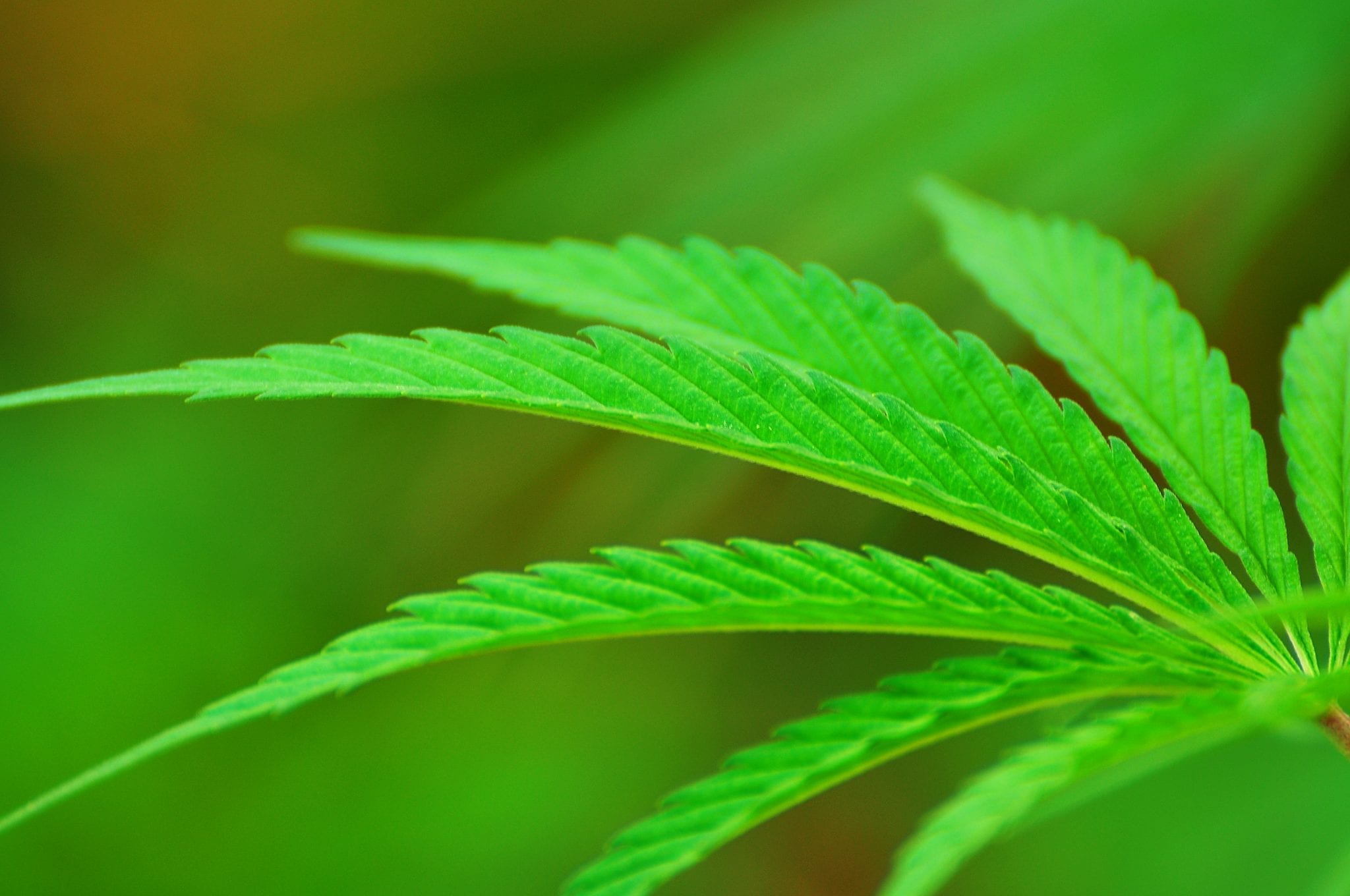On July 1, 2018, recreational marijuana is expected to become legal in Canada and Vermont. The difference is that Vermont is only legalizing possession and limited, small-scale cultivation, not commercial growth and sale. Vermonters will have to buy their cannabis elsewhere or grow their own.
On July 1, 2018, recreational marijuana is expected to become legal in Canada and Vermont. The difference is that Vermont is only legalizing possession and limited, small-scale cultivation, not commercial growth and sale. Vermonters will have to buy their cannabis elsewhere or grow their own under the state’s current legalization strategy.
It’s not the first time a state has sought to undermine the will of its people (or in this case its people’s elected representatives) or decide that it knows best. Paternalism is the last refuge of a scoundrel.
At least one Florida legislator tried to limit legal medical marijuana to a single form: the synthetic THC pill, Marinol. Not only is the pill notorious for its bad side effects, but it also lacks the entourage effect derived from whole marijuana. In particular, cannabidiol (CBD) seems to improve marijuana’s efficacy. Most of marijuana’s medicinal benefits may be in CBD. It’s often illegal by association, though it is completely non-euphoric.
Legalization advocates tout marijuana’s health benefits for chronic pain relief, post-traumatic stress disorder, and even recovery from opioid use disorder. At least one clinic in California is already using cannabis for non 12 step recovery addiction treatment.
Usually, these measures are approved in a ballot initiative by the states’ voters. In Vermont’s case, the measure was approved by the legislature – the first to do so – and signed into law by the governor. That doesn’t mean the state isn’t going to make users jump through hoops to get their weed.
Vermont Health Commissioner Dr. Mark Levine has said he “will continue to resist efforts to legalize retail sales of recreational weed and cannabis-infused products.”
No commercial marijuana shops are allowed under the law. Possession of up to one ounce is allowed, as is the growing of personal marijuana plants – four immature plants and two mature (flowering) plants per household in a secure indoor facility or enclosure blocked from public view – but it won’t be legal to buy seeds even.
So how are Vermonters supposed to get cannabis? Cynically or realistically, the state suggests that anyone interested in using marijuana recreationally already has plants, or knows somebody who does. The law is sort of an amnesty: If your garden is within the prescribed limits, authorities don’t need to know where or when you got them.
Gifts of seeds are permitted, too, so long as it doesn’t look like you’re trying to run a retail business with fake “gifts.”
This isn’t Vermont’s final word on marijuana, however. It is just a stalling tactic. Though there is widespread public support for more liberal marijuana laws, it’s not clear how much support there is among voters. This halfway step is seen as less risky politically, particularly with marijuana’s continuing federal illegality. Even if a gubernatorial veto could be overridden, the legislators might regret it in November.

Governor Scott is said to be waiting for a final report from his Marijuana Advisory Commission (the preliminary report is here) and comprehensive strategies. to problems such as:
- Highway safety. There are no effective tests akin to a breathalyzer test for stoned driving. The mere presence of marijuana in the system is not an accurate indication of intoxication.
- Prevention. Stopping underage marijuana consumption, including of edibles. Though they seem to be safer than smoking marijuana (or tobacco) health-wise, they can be higher in concentrated THC. If a child eats a whole marijuana brownie, they could get sick, not just high.
- Education. Creating an effective anti-marijuana campaign akin to anti-smoking and drunk driving advertisements and PSAs.
The Marijuana Advisory Commission also has recommended the forming of a new commission to further investigate these questions, particularly impairment, which some have derided as a commission to oversee a commission. It just delays regulation that would bring in tax dollars – which could help pay for highway safety, prevention, and education programs – and perpetuate the black market.
But a Rolling Stone article speculates that this bill might be calculated to get around federal restrictions.
U.S. Attorney General Jeff Sessions seems personally inclined to resume the war on cannabis, but “because [this bill] doesn’t provide for a commercial cultivation or retail program, there will be no canna-businesses to draw the scrutiny of Sessions.”
It may not be a profile in courage, but maybe it’s a profile in pragmatism. We’ll find out if and when the Marijuana Advisory Commission issues its final report, scheduled for December.
Meanwhile, New Jersey may put a second legislative win in the marijuana legalization column later this year, and Michigan is expected to have a voter initiative on the ballot in November.
Sources:
- Vermont Gov. Phil Scott signs marijuana legalization bill “with mixed emotions”
- Ray Rodrigues stance on medical marijuana angers Amendment 2 advocates
- New Rehab Will Treat Drug Addiction With … Marijuana?
- What’s the Safest Way to Consume Legal Cannabis? Experts Weigh In
- Vermont Medical Marijuana Laws
- Governor’s Marijuana Advisory Commission: JANUARY 16, 2018,REPORT AND RECOMMENDATIONS TO THE GOVERNOR
- Vermont Governor Signs Marijuana Legalization Into Law
- GOV’S MARIJUANA ADVISORY COMMISSION RELEASES REPORT
- Vermont Legalizes Recreational Marijuana
- Will Michigan Legalize Marijuana In 2018? A Vote Is Likely


Join the conversation!